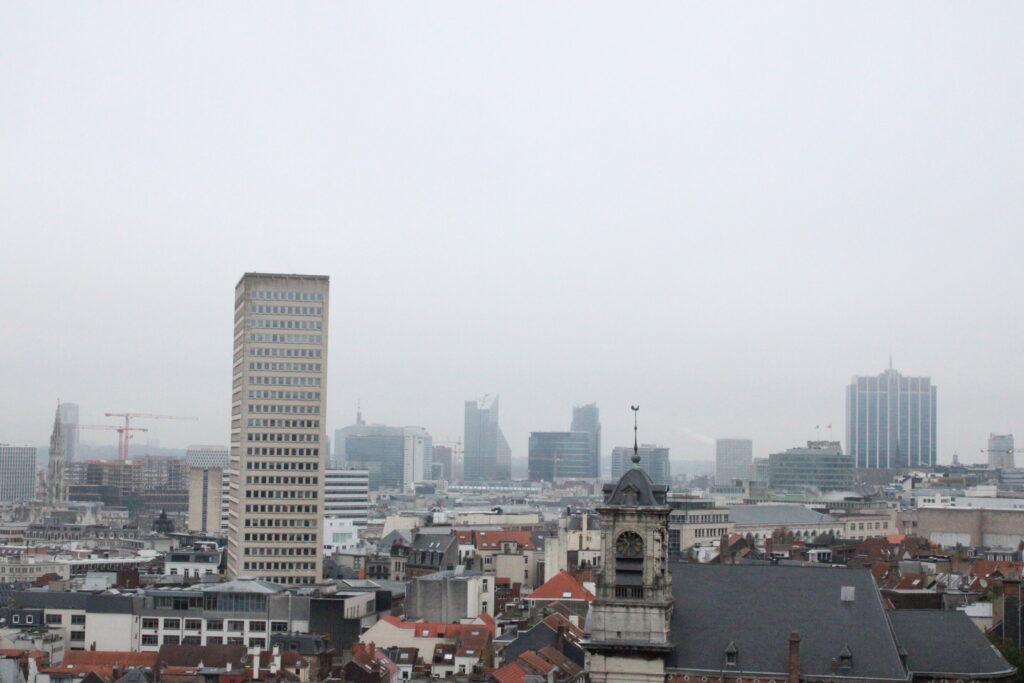From 1 January, electricity and gas distribution tariffs for an average household in Brussels will increase by almost €50.
The Brussels energy market regulator Brugel has approved Sibelga's proposed tariffs for the period 2025-2029, it announced on Tuesday.
This measure makes it possible to avoid sudden increases and to ensure a gradual transition between two tariff periods, explained Brugel. The new tariffs will be valid for a period of five years.
"They reflect an approach that strikes a balance between cost control for Brussels households, support for energy transition and incentives for efficient grid management," said Brugel chair Kevin Welch in a press release.
Distribution accounts for about 33% of the electricity bill and 20% of the gas bill of a residential customer in Brussels.
Now, this part of the bill is fixed for the next five years. This means that while there has not been a change to the cost of energy and gas, households will see their bills increase due to the higher distribution costs.
Transmission tariffs
For electricity, an average Brussels household consuming 2,104 kWh per year will see its distribution bill rise by €26.58 in 2025 – an increase of 11.6% compared to 2024, the regulator said. The bill will then rise by 5.1% in 2026 and 4.3% in 2027.
"Besides the increase in distribution tariffs, verified and validated by Brugel, we should also mention the increase in transmission tariffs for 2025, approved by the federal regulator," said Brugel. "This increase of more than 60% will mean €17.7 per year including VAT for an average Brussels customer."
For gas, a household consuming 12,000 kWh per year will see a €23 increase in distribution charges in 2025 – 12.70% more than this year. Increases will then be limited to 1.8% in subsequent years. "The average customer will therefore see distribution and transmission charges rise by around €67 between 2024 and 2025, or €5.60 per month," said Brugel.
For medium-voltage (MS) users, tariff increases are more pronounced. As a result, the distribution component of the average MS customer will increase by 14.6% in 2025.

